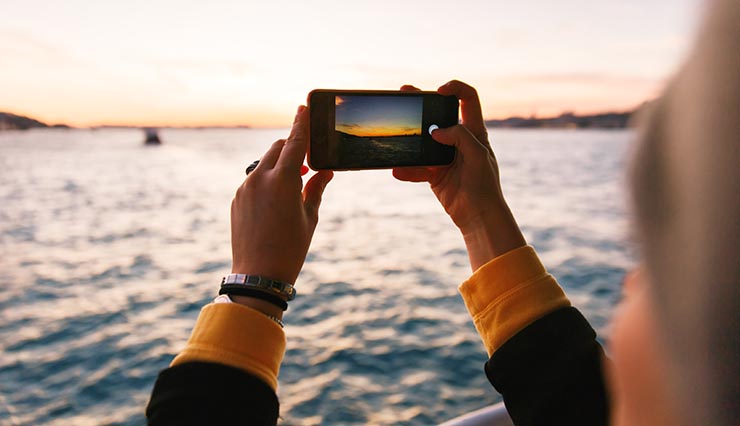 Hip-hop artist, The Game, holds the distinction of losing the first Instagram defamation lawsuit back in 2015 and had to pay his ex-nanny $200,000.
Hip-hop artist, The Game, holds the distinction of losing the first Instagram defamation lawsuit back in 2015 and had to pay his ex-nanny $200,000.
The Incident That Led to First Instagram Defamation Lawsuit
A couple of years ago, Jayceon Terrell Taylor – a.k.a., The Game – took to Instagram. But instead of promoting his brand, he allegedly ranted about his children’s babysitter, whom we’ll call “Trisha.”
On social media, The Game called Trisha a “very dangerous babysitter.” He also accused her of screaming at his kids, fornicating with her boyfriend in his house, and escaping “from [a] past of inappropriately touching children.”
Followers of The Game converged on Trisha’s social media accounts like mosquitos on a citronella candle. According to the former nanny, The Game’s grams triggered an avalanche of death threats. Then, to make matters worse, singer-songwriter Kelis fired Trisha because of the uproar.
Explaining that “reputation is everything in the celebrity nanny business,” Trisha filed an Instagram defamation lawsuit against The Game. She also claimed intentional infliction of emotional distress.
No-Show Leads To Default Judgment in First Instagram Defamation Lawsuit
Interestingly, The Game ignored the lawsuit. As a result, the judge entered a summary judgment in favor of the plaintiff. Why didn’t The Game respond to the claim? Nobody knows. Regardless, it worked out in the babysitter’s favor.
What You Must Prove To Win A Slander or Libel Lawsuit In The U.S.
To win a slander or libel lawsuit in the United States, plaintiffs usually must prove that they suffered some material harm due to the contested statement(s). In this case, Trisha’s legal team submitted a psychologist’s declaration that she “went into a deep depression, would cry frequently, had trouble sleeping, was concerned about her safety and suffered significant emotional distress.” The fact that Kelis fired Trisha around the time of the incident also bolstered the nanny’s material loss argument.
Difference Between Public Figure Defamation Plaintiffs and Private Figure Defamation Plaintiffs
Since Trisha isn’t a celebrity or public figure, she only had to prove “negligence” to win this libel lawsuit.
If the situation had been reversed, and The Game had sued his babysitter for saying something on Instagram that affected his career negatively, he would most likely have had to prove actual malice. To win slander and libel lawsuits, public figures and celebrities typically must prove that their defendants published or broadcast the contested statements despite knowing their falsity.
Got Defamation Questions?
Want to learn more about U.S. defamation law? If so, check out our blog. If you have questions, get in touch.